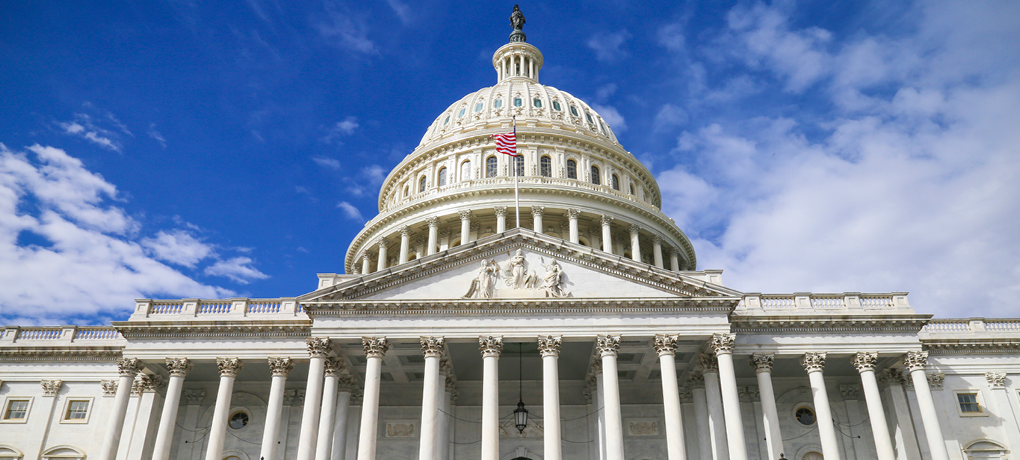How does the biggest U.S. stimulus package in history help you?

Your advisory team at Sound Stewardship is analyzing the potential impact of the recently passed CARES Act (Coronavirus Aid, Relief and Economic Security) on our clients’ families. This $2 trillion act is designed to provide emergency stimulus to our economy and support our nation’s healthcare system’s ability to navigate through this crisis.
Stay tuned as we determine how your family might respond to the various elements of this historic package! For now, one of our trusted sources of information in the industry has a thorough review of CARES Act.
It’s worth a close read, but in case you’re busy working from home, schooling from home or on a quick break from working in an essential industry, here are some highlights that could affect your personal finances:
- Recovery Rebates: Non-dependent adults with work-eligible social security numbers can receive a “refundable income tax credit against 2020 income”, i.e. a stimulus check, of up to $1,200 for individuals and $2,400 for married couples filing jointly—with an additional $500 per dependent child under 17.
- You are eligible for the full payment if your 2019 Adjusted Gross Income is under:
- $75,000 for individuals
- $112,500 for heads of household
- $150,000 for married, filing jointly
- You are eligible for the full payment if your 2019 Adjusted Gross Income is under:
- Coronavirus-Related Distributions: If you meet the IRS’s rather broad list of “being impacted by the coronavirus” qualifications, you can take a distribution of up to $100,000 out of your IRA or employer-sponsored retirement plan (or both) that is:
- Exempt from the 10% early withdrawal penalty if you are under age 59 ½
- Not subject to mandatory federal withholding requirements (usually at least 20%)
- Able to be repaid over three years, or instead of repayment, the income can be taxed over three years to reduce the annual amount paid on that distribution.
- Required Minimum Distributions: In 2020, RMDs are waived for both retirement account owners themselves and their beneficiaries.
- Federal Student Loan Payments: Required payments and involuntary debt collections on federal students loans (not private loans!) are suspended until September 30. No interest will accrue during this time, but the time will still count toward loan forgiveness programs. Each individual will need to manually pause any automatic payments in order to take advantage of this deferment period (voluntary payments are still accepted).
- Unemployment Compensation Benefits: Unemployment benefits will now begin the first week of unemployment instead of the regular week waiting period. Thanks to CARES Act federal funds, states can increase unemployment benefits by up to $600 per week for up to four months and extend the maximum time receiving benefits by another 13 weeks. Self-employed workers and others who don’t usually qualify for “regular” unemployment benefits may be able to qualify for 39 weeks of “Pandemic Unemployment Assistance.”
Need to discuss your financial plan in light of the pandemic? Schedule a call with one of our trusted advisors.
< Back to Updates

